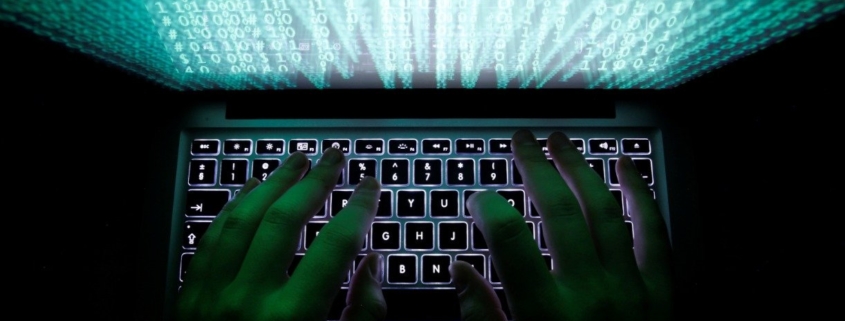Know This: Hack Attacks are Acts of ‘Unrestricted Warfare’
Constant cyberattacks against U.S. military and civilian targets from foreign adversaries need to be treated as acts of war and addressed comprehensively, not in isolation.
Cyberspace is a global battlefield that blurs national boundaries. The current fragmented state of U.S. cyber defenses is a hacker’s dream. Before 9/11, the nation’s effort against Al Qaeda was siloed between the CIA and the FBI without communication. A similar situation persists in U.S. cyberdefenses.
An improved response requires integrated cooperation among the Defense Department’s Cyber Command, Department of Justice, states, and industry to formulate a comprehensive strategy to harden our infrastructure and protect state secrets from intruders.
“The line between nation-state and criminal actors is increasingly blurry as nation-states turn to criminal proxies as a tool of state power, then turn a blind eye to the cybercrime perpetrated by the same malicious actors,” Mieke Eoyang, Deputy Assistant Secretary of Defense for cyber policy, told a subcommittee of the House Armed Services Committee last week. “China is the pacing threat to the Department [of Defense]. China uses cyber operations to erode our military overmatch and economic vitality, stealing U.S. intellectual property and research.”
In 2019, Chinese state-sponsored hackers belonging to the APT41 group hacked software development companies, telecommunications providers, social-media companies, video game companies, healthcare, non-profit organizations, think tanks in the U.S. and in about half a dozen other countries worldwide.
The FireEye cybersecurity firm noted in 2019 that these Chinese espionage hackers targeted companies whose capabilities align with the Chinese Communist Party’s Five-Year economic development plans.
Chinese hackers also have stolen plans for the F-35 fighter and sensitive U.S. Navy undersea warfare plans.
The ransomware attack by the DarkSide hacking group against Colonial Pipeline, Co., stands as a reminder of the catastrophic bipartisan failure to take the cyberwarfare being waged against America seriously and strategically. Colonial Pipeline paid $90 million in Bitcoin to the hackers.
It showed how…


